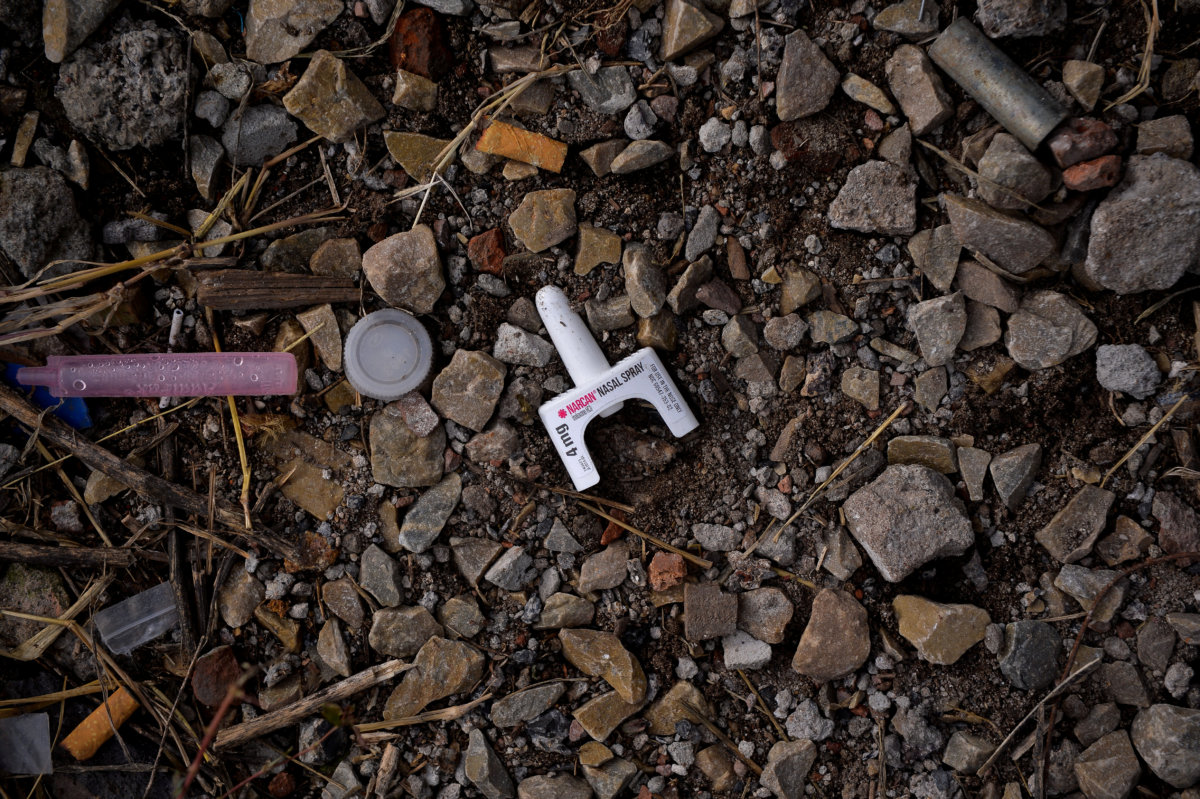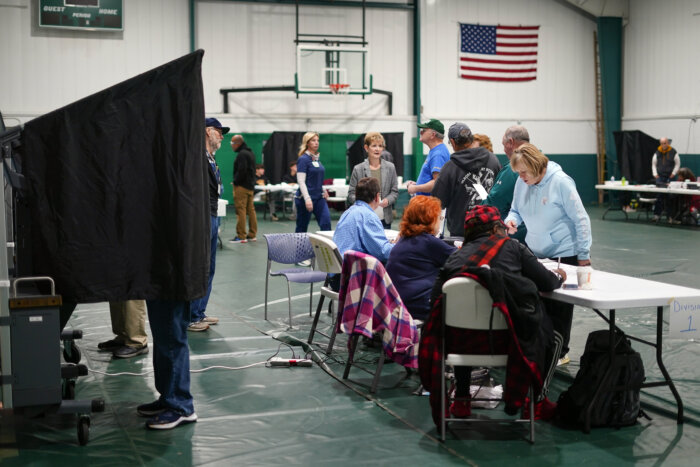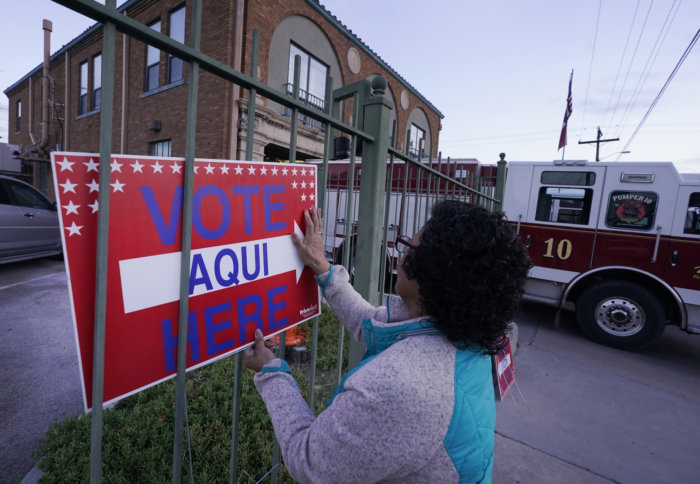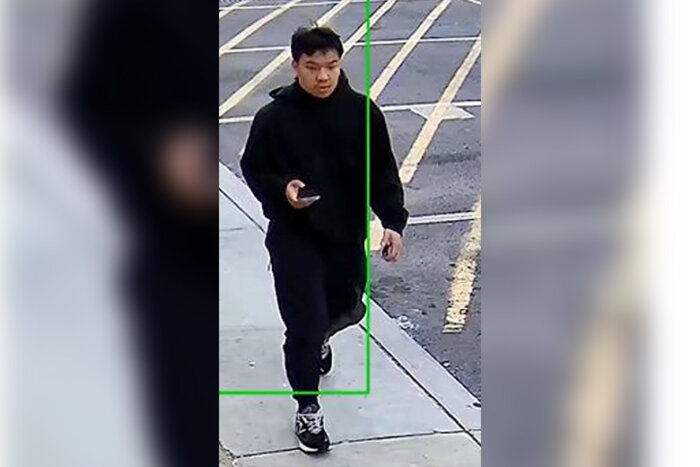With Philadelphia’s “Hot Vax Summer” in full swing and restaurants back open for business, professional chef Aya Iwatani is steadfast when it comes to personal protective equipment — in this case, naloxone and fentanyl test strips. She lost several friends to an overdose during the past 12 months, prompting Iwatani to provide harm reduction education and resources within the city’s food and beverage community. That work remains more vital than ever in light of several recent deaths caused by cocaine tainted with fentanyl that made its way around the city’s service industry employees. Now, Iwatani and her friends feel a new sense of urgency in addition to the collective trauma and economic anxiety they shared throughout the pandemic.
“I do worry about which one of my friends I will lose next,” Iwatani said. She explained that the best way to help Philadelphia is with discreet, judgment-free harm-reduction services, particularly for marginalized groups disproportionately affected by the overdose crisis and the war on drugs.
Lockdowns may be lifted across the city, but COVID-19 continues to spark a surge in drug overdoses, with Black and Brown communities hit hardest by the pandemic facing an increased risk of death. Fentanyl once thought to be a concern for opioid users only, now taints Philadelphia’s entire supply of recreational drugs. And despite standing orders at almost every pharmacy across the state, financial and cultural barriers — mixed with a good dose of stigma — make naloxone, the best harm reduction tool available to combat overdoses, challenging to access.
The Philadelphia Department of Public Health continues to promote one of its most successful PPE programs of the past year. In March 2020, PDPH partnered with Philadelphia’s SOL Collective and the national-based NEXT Distro, two harm reduction organizations, to launch a new website giving people throughout the area free, confidential access to the overdose reversal drug naloxone. A few months ago, the group added free fentanyl test strips to their offerings, seeing the increased need for people to test drugs before using them.
Anyone accessing the site through this innovative program, including people who use drugs, their friends, and their family members, can receive free harm reduction supplies by mail. All requests are confidential without any participation from insurance providers.
“The goal is really just to be able to make [naloxone] accessible to anyone who needs it,” SOL Collective’s Dr. Shoshi Aronowitz said. “We are hoping the service is used by people who use drugs or people close to people who use drugs. Of course, we want everyone to have access to naloxone.”
According to Allison Herens, a friend of the program who once worked as the harm reduction coordinator at PDHP, ordering naloxone and fentanyl test strips from the website is simple. And unlike going to a pharmacy, there’s no chance of running into a friend, family member, or nosy neighbor. Interested parties go to nextdistro.org/philly or nextdistro.org/phillyfentstrips, fill out a short information form — which isn’t shared with anyone — and receive their supplies within a few days. The site offers Philadelphians information on basic harm reduction principles and the organizations supporting them.
Users also have access to training videos, including ones for Narcan nasal spray and intramuscular naloxone. Aronowitz noted that many people worry about misusing naloxone the first time but that the process itself is simple. Although both formulations, nasal and intramuscular, reverse opioid overdoses only, they won’t harm users of other drugs.
When talking about an overdose crisis that grows every year, the success of PDHP’s free naloxone-by-mail program is almost immeasurable. Over 1200 Philadelphians suffered a fatal overdose in 2020, one of the worst years on record in the city. Social isolation, lockdowns, and quarantines prompted by the pandemic saw more people use at home alone than ever before, which compounded the issue. And in the city’s Black communities, where COVID-19 took a toll, overdose deaths rose 29% over the previous year.
But amid a raging pandemic that left the city’s most vulnerable people forgotten, the partnership between PDHP, NEXT Distro, and SOL Collective is a continued success in the harm reduction space. SOL Collective’s Dr. Rachel French reported that the group received 840 requests for naloxone since launching the program. Sixty-four percent of people requesting naloxone added fentanyl test strips to their order beginning last April, with an additional 45 persons ordering test strips on their own.
That’s upward of 1,000 people still donning some of the most essential forms of PPE available today.
Unfortunately, as naloxone continues to save lives, contrarians remain skeptical about its usefulness, calling it a “moral hazard” that encourages drug use. Few experts disagree as to the effectiveness of this proven overdose reversal drug, and those that do are usually found on the fringes. Not one major scientific organization argues against its use.
Chrys, a Philadelphia resident who received supplies through the NEXT Distro website, said that a lot of people might be hesitant to learn more about harm reduction because of stigma. They said that everyone feels the effect of an overdose. “If there is a way to make Narcan and other supports more accessible, especially in the wake of the pandemic, I personally think it’s worth it to have these conversations and be open to more compassionate ways of approaching these issues,” Chrys said.
With lockdowns now lifted, Philadelphia’s post-pandemic recovery remains fragile at best for the city’s most vulnerable residents. The vaccination divide means low-income neighborhoods won’t have much to celebrate this summer, while a rising economy still leaves Philly as the poorest city in the nation. Overdose fatalities continue to rise, pulling Black and Brown communities, service industry workers, and diverse groups of people who use drugs out of a pandemic and into a plague.
To access free, confidential harm reduction supplies by mail today, visit nextdistro.org/philly or nextdistro.org/phillyfentstrips.
































